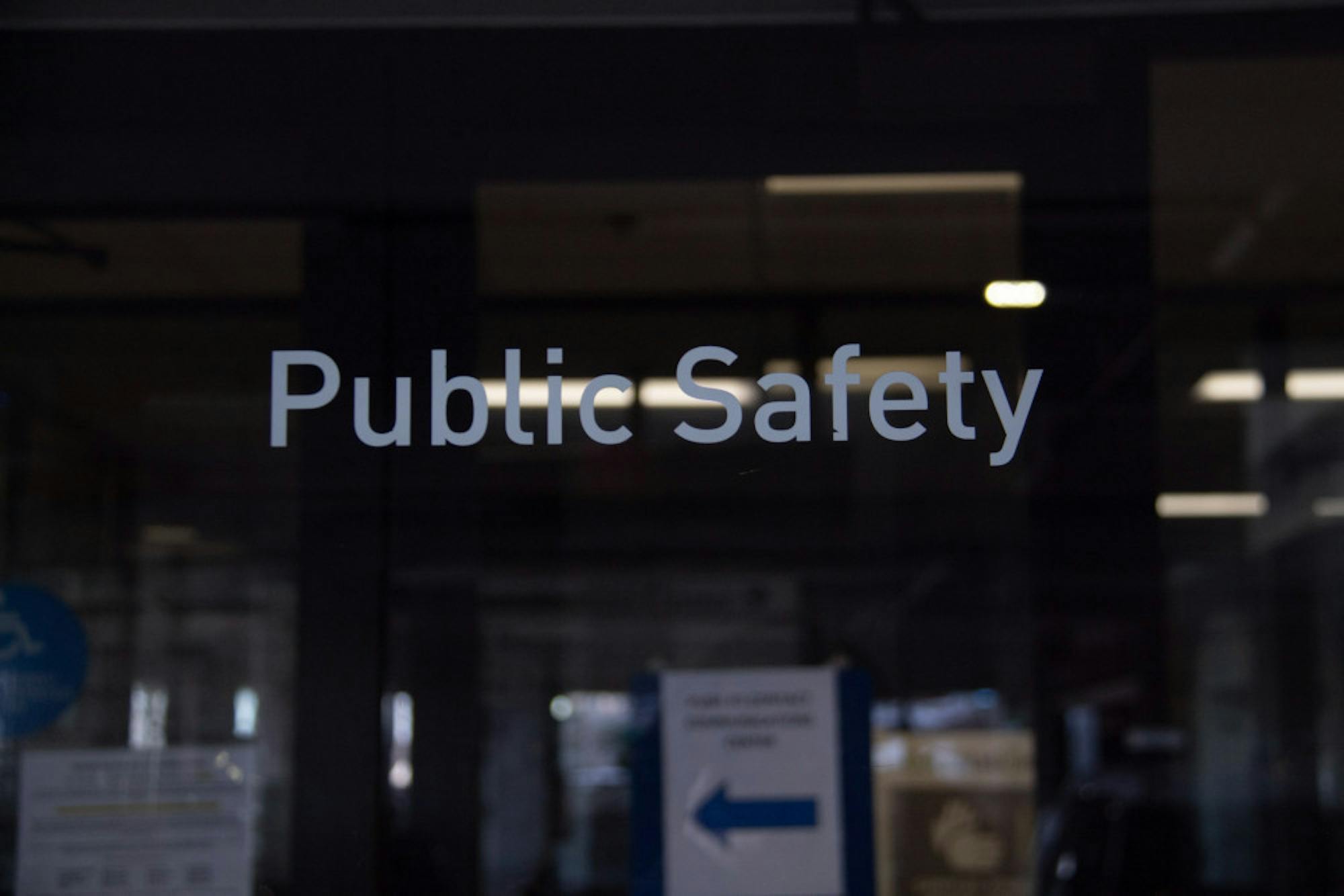The Tufts University Police Department announced plans to update its website and increase its social media footprint in response to the “Digital Communication” recommendation from theworkstream on Campus Safety and Policing. The workstream’s report included 17 differentrecommendations across five main categories, and the Digital Communication recommendation specifically called on TUPD to increase transparency, accountability and community engagement through its digital presence.
“The Department of Public Safety should develop a comprehensive digital strategy that utilizes social media and the department website to increase visibility, better engage the university community, proactively share information to build trust, and promote the department’s mission and values,” the report says.
Interim Director of Public Safety and Chief of Police Gerard “Chip” Coletta said the updates will include information about TUPD’s policies, as well as statistics on the types of calls they receive, among other data.
“We felt that it was a very reasonable recommendation," Coletta said. "It's something that we’ve been thinking that we should be doing more of because it does work towards transparency and trust for the department if we're free with information, and I think it's information that the community has a right to."
Patrick Collins, executive director of media relations at Tufts, emphasized the importance of transparency for building trust between TUPD and the Tufts community.
“This is an important project that will increase transparency and make the department’s priorities, operations and data more visible to the community,” Collins wrote in an email to the Daily. “The changes, which are already underway, will continue over time, and provide a level of information that we hope will better engage the university community, help to build trust and make clear the department’s mission and values.”
TUPD is collaborating with Tufts Technology Services to make these updates. It aims to complete the project in two to three months, while making ongoing changes as applicable.
“[TTS] has the technology to set up the system for us, and to educate us so that we have a department member that can manage the content,” Coletta said. “We’ll manage content, TTS will manage the platform in the back end of the technology.”
Members of Tufts Action Group, a collective of faculty, staff and students who invite community members toenvision the university as a more just and inclusive institution, played a role in creating the workstream’s recommendations.
"While TAG as a whole did not have a role in the policing and campus safety workstream there were members present who were a part of the research, conversations, and writing of the recommendations," HopeFreeman, director of the LGBT Center and interim director of the Women’s Center, as well as a member of both the steering committee of TAG and the working group for the workstream, wrote in an email to the Daily.
She added that TUPD’s digital presence is an important first step in addressing TAG’s hopes and the workstream’s recommendations for TUPD.
“I think that transparency and accountability is important in all of our work, not just TUPD," Freeman said. "I believe that a digital presence of TUPD is a start to that transparency that many members in the Tufts community long for … This is an opportunity for Tufts as a community to hear, receive, and apply the recommendations offered in the Policing and Campus Safety report."
Coletta emphasized the role of two-way communication in the digital world. The updates will not only increase the accessibility of statistics but also streamline TUPD’s process for receiving feedback.
“We want to have the ability to take complaints, either anonymous or otherwise, [including] complaints against our officers [and] complaints against others in the community, so that we can investigate them,” he said. “We feel that it's important that we take those types of complaints, especially against situations where … there was some issue with the way the officer behaved.”
Coletta said that the current website is not transparent enough about the three types of complaints community members can make: reporting the actions of someone in the department, reporting crimes and reporting other general safety concerns relevant to the university.
Beyond updating the website, TUPD is also reviewing its policies, and any changes there will be reflected on the site, Coletta said. The department is updating its policies in accordance with both the Massachusetts Police Accreditation Commission and the workstream’s recommendations.
“Our policies comply with the Accreditation Commission standards, but we want to go beyond that [and] make sure that our policies are anti-racist, that we're looking at our protocols and procedures to make sure that procedurally, we're doing things appropriately for the community,” Coletta said.
He added that the Accreditation Commission is making some minor changes to its standards to comply with police reform legislation passed at the end of last year in Massachusetts.
Coletta said that TUPD’s response to the workstream is a work in progress, and that the department is working on an implementation plan to address each of the recommendations.
“I think [the recommendations] will ultimately improve our ability to provide a service to the community," Coletta said. "We're working through the implementation plan of each of the 17 recommendations. Some are very easy; they’re low-hanging fruit, [so] we'll be able to get them done right away. Others might take a little bit longer.”






